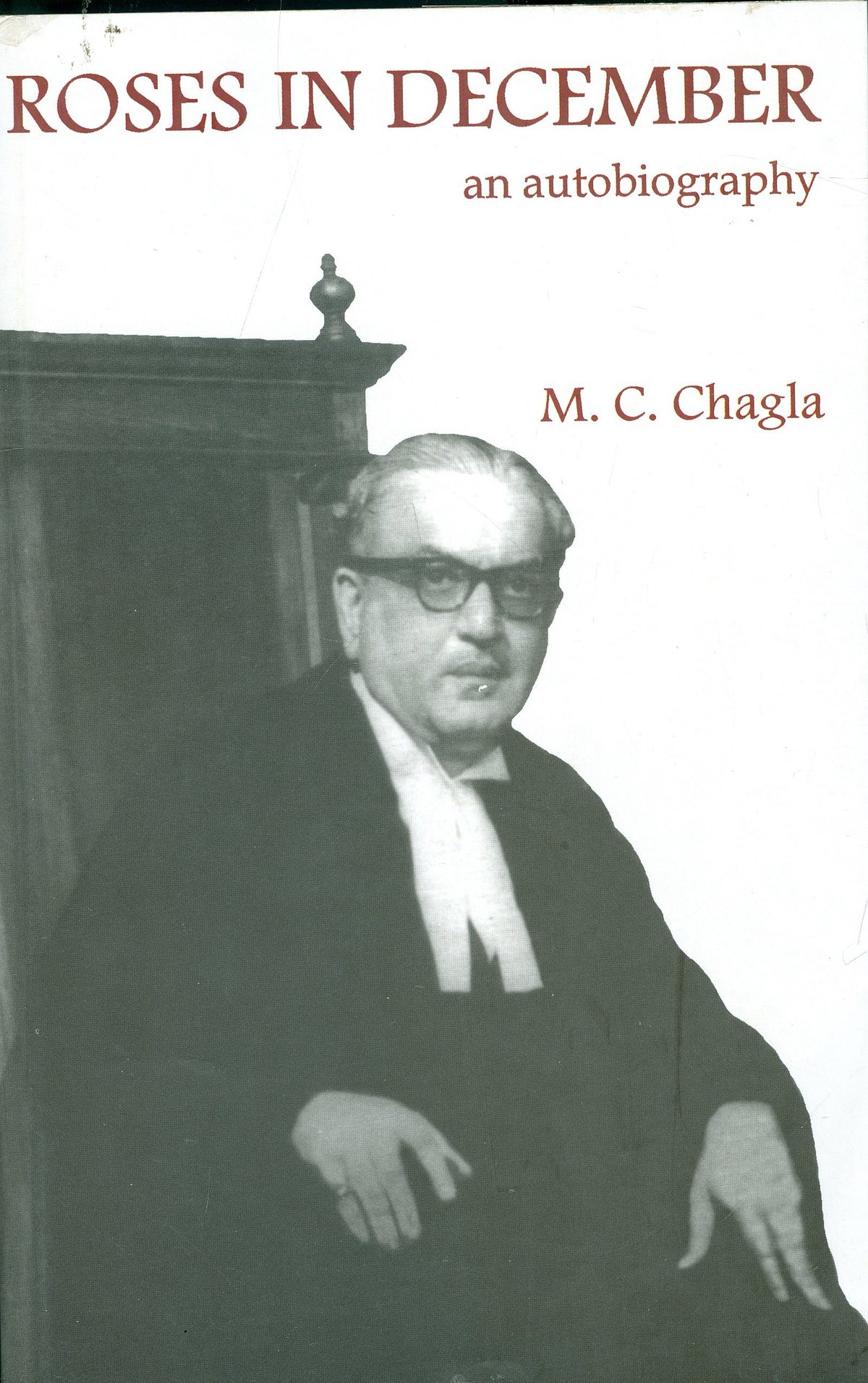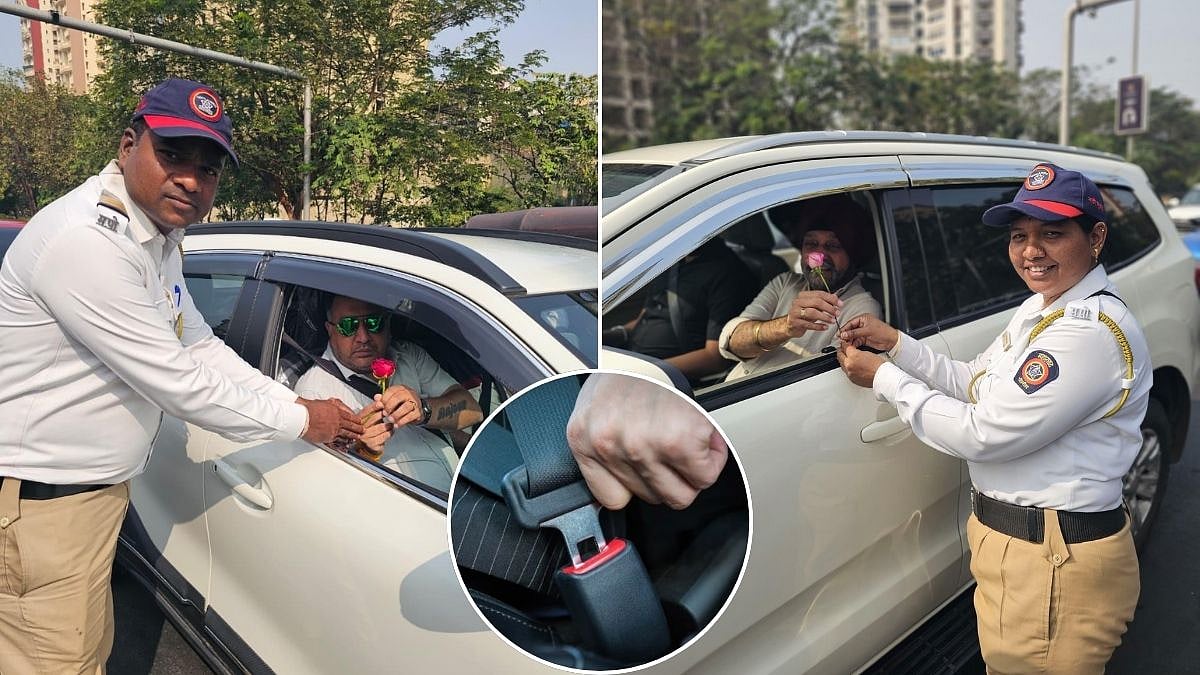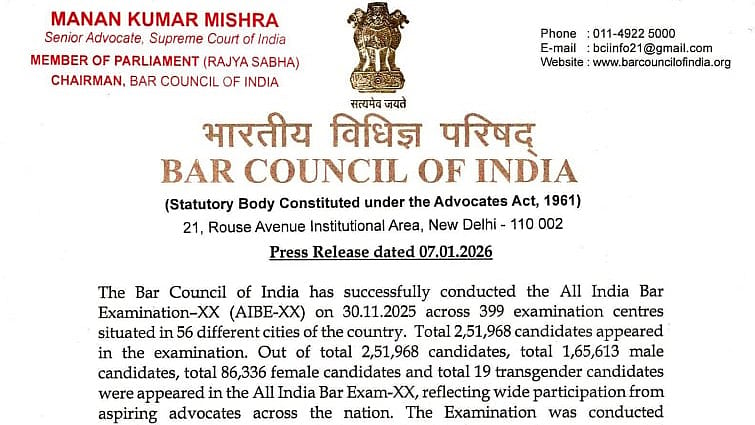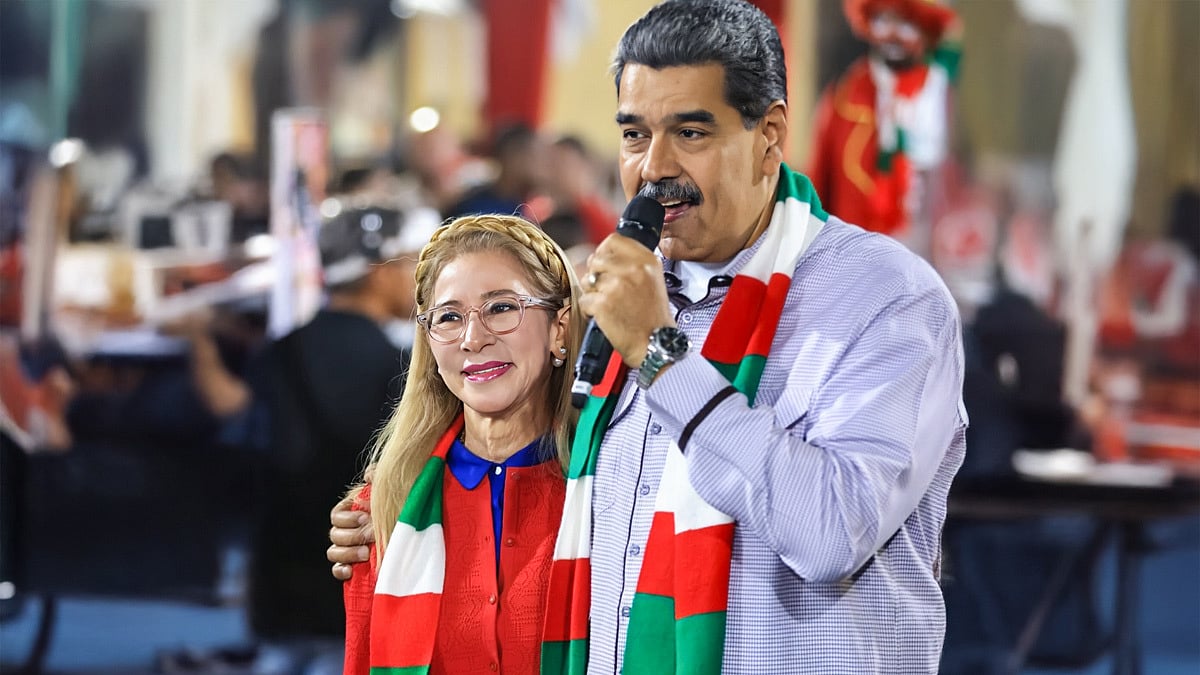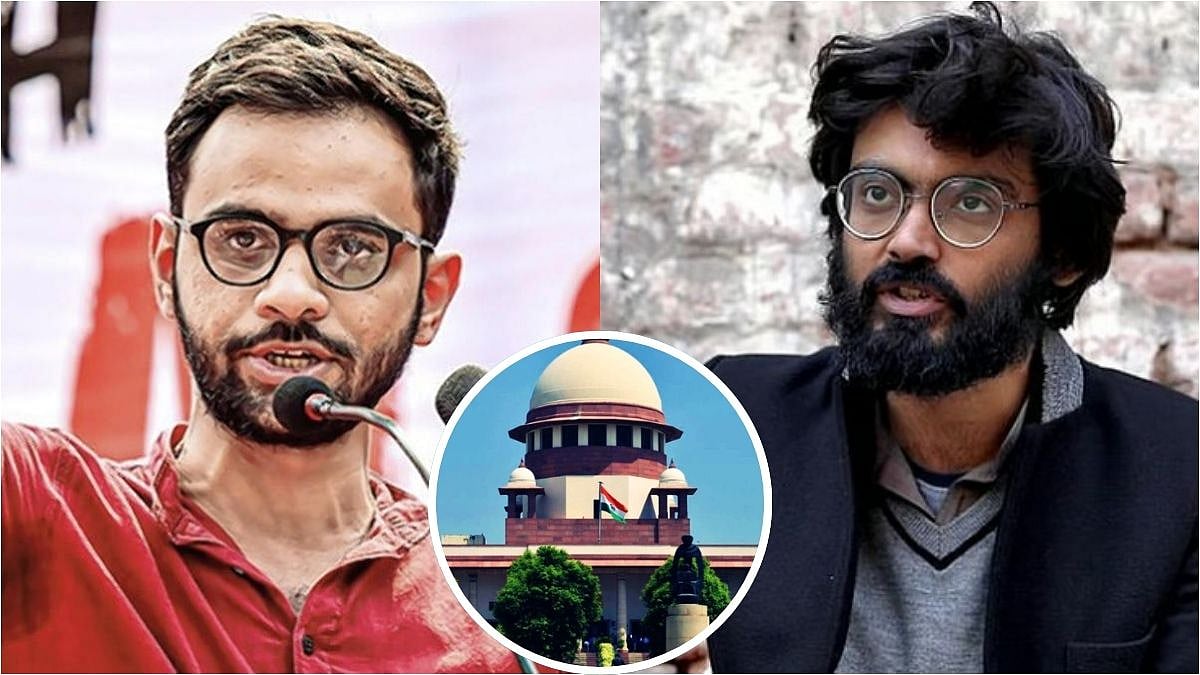Last week, the Supreme Court took exception to a petitioner addressing the judges as ‘Your Honour’, and reminded that it was the way judges were addressed in the US Supreme Court.
“When you say Your Honour, you either have the Supreme Court of the United States or the Magistrate in mind,” Chief Justice of India S A Bobde, heading a three-judge bench, said, as the petition by a law student seeking the court’s intervention in ensuring that judicial vacancies were filled up to tackle case backlog came up for hearing.
Colonial hangover
Well, the ‘learned’ Chief Justice of India’s objection is valid but it’d have been better had he suggested, like the legendary Chief Justice of India M C Chagla: “The moment a lawyer, petitioner or even a plaintiff calls me ‘Your Honour’, ‘Your Lordship’, or ‘My Lord’, a sense of uneasiness and embarrassment engulfs my whole existence and I request the person to call me just Mr Justice or Mr Chagla. These unnecessary lofty terms of address smack of slavery and colonial hangover.” (From ‘Roses in December’, deleted by the publisher after his demise in 1981).
So very true! All these ‘over-respectful’ terms are colonial modes of address used by the natives. A few years ago, the President of India, Mr Pranab Mukherjee, requested mediapersons and the public, not to address him ‘His Excellency’ when ‘Mr President’ or at the most, ‘Sir’ would be enough. Why cling on to the obsolete and defunct terms of the Raj, he asked?
Different strokes
It’s interesting to note that Durgadas mentioned in his famous book ‘India from Curzon to Nehru and After’ that, “The Brits had a different attitude towards browns and blacks. They (Brits) treated the people of the continent of Africa as scum when African nations were the colonies of the erstwhile Great Britain. But they were slightly ‘respectful’ to the brown natives of the sub-continent, who they treated comparatively less pejoratively...’ (Page 83).
That’s why when Bhagat Singh was tried for hurling a bomb at the Central Legislative Assembly and also for the murder of Saunders at a court in Lahore, he addressed the judge Mike Simpson as Mr Simpson and at a higher court, he addressed the senior judge Allen Covey as Mr Covey. Bhagat Singh was just 21 or 22 years old at that time (he was hanged at the age of 23), yet he was full of self-respect and despite India being colonised, the brave young man didn’t grovel like today’s Indians of a ‘free’ nation. He called the English judges as Mr so-and-so and none of them ever objected that the young man wasn’t upholding the dignity of the court.
This is the attitude. Why can’t the people, plaintiffs and lawyers of a ‘free’ nation like India call the judges as Mr/Ms/Mrs so and so? Do you know that even in a failed country like Pakistan, lawyers and petitioners address the judges of the lower court, sessions court, high court and Supreme Court as janaab and janaba so and so. The same system is prevalent in Saudi Arabia, which is an extremely strict country. Mr or Monsieur Justice are commonly used terms in the parlance of the judiciary in most European countries.
Servile mentality
There’s a specimen letter at the library of Calcutta University. Way back in 1936, when the great Frank Fowler (younger brother of the linguist Graham Fowler, famous worldwide for Fowler’s English Grammar) was the head of the department of English at Calcutta University, his subordinate professor Nilkant Mukherjee wrote an application to him (Fowler), ending it with ‘Your most obedient slave’! Appalled, the gentle genius immediately called Mukherjee and asked him, “When did I hire you as a slave? Please never use such demeaning terms. Just write, Mr Fowler.”
Using the most servile and exasperating honorifics and terms of address is a national characteristic of Indians. Here, every other person is an uncle, aunt, His Holiness, Sadhguru, Sri Sri and what not. The proclivity to use sahab, maharaj, tai, didi, uncle and all that jazz is actually disrespectful and utterly frivolous. But so naive are Indians that they don’t know this.
So, it’s time to dispense with these slavish and most disparaging terms like Your Honour, My Lord, Your Lordship. Indians haven't yet come out of the colonial hangover. This saddens a person of self-respect.
Lastly, the first CJI, Harilal J Kania suggested the removal of Your Honour, Your Lordship etc. way back in 1949. Readers must know that during the trial at Red Fort for the assassination of M K Gandhi, Nathuram Godse and N D Apte addressed all judges as Mr so and so and no judge took umbrage!
The writer is an advanced research scholar of Semitic languages, civilisations and cultures.
